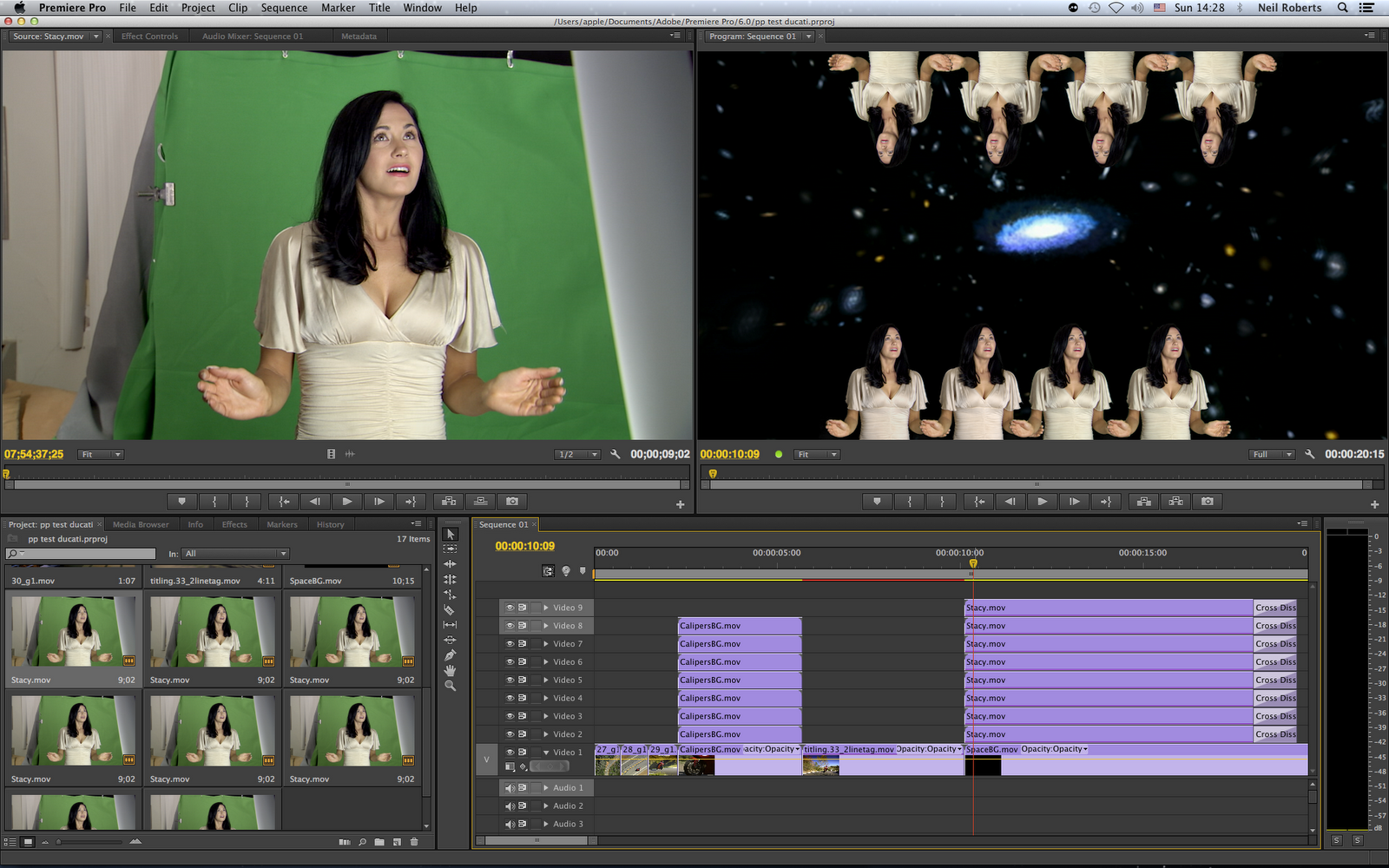

Synthetic DNA, at its root a tiny storer of information, offers a potential pathway toward significantly reducing the amount of space and material needed for future archival storage needs. For comparison, just over 3 billion personal computers are estimated to have shipped worldwide since 2011.Īvailable methods of storage are having difficulty keeping up with the increasing demand in the long term. To put that number into perspective, Windows 11, which takes up around 64 gigabytes of storage space initially, would need to be installed on over 15 billion devices to add up to just 1 zettabyte of storage used.

Editor’s note: The researchers would like to acknowledge co-authors Christopher Takahashi, Gagan Gupta, Jake Smith, Richard Rouse, Paul Berndt, Sergey Yekhanin, David Ward, Siena Ang, Patrick Garvan, Hsing-Yeh Parker, Rob Carlson, Douglas Carmean, and Luis Ceze for their contributions to this work.Ĭurrent estimates by the International Data Corporation indicate a 20.4 percent year-over-year growth in demand for data storage, which is predicted to reach almost 9 zettabytes by 2024.


 0 kommentar(er)
0 kommentar(er)
